Icelandic Omega 3 Fish Oil (2-Pack)
$59.00
Is it possible that fish oil can protect my brain, heart AND joints?
More than a thousand studies have been conducted to show the health benefits of fish oil.
Retail: Two pack $59.00
Two pack Member $48.00
Members Receive FREE SHIPPING – Join Here
Up to 20% off + Free Shipping for Members
JOIN HERE to Receive Instant DiscountsIs it possible that fish oil can protect my brain, heart AND joints?
More than a thousand studies have been conducted to show the health benefits of fish oil.
As a grad student, I was intensely interested in how the human diet changed from ancient times to the present. So when a lecture was posted on diet and evolutionary biology, I was right up front. Here was the most memorable part of the presentation.
Professor puts up a map of the world. Asks where math developed. He then used his pointer to indicate areas of Egypt, India, China and Central America. In particular, he noted that the Sumerians were probably the first to develop a counting system. He then asked where the great philosophies were formulated, and once again pointed to Egypt, India, China, Japan, Greece, Italy and Persia. Finally, he asked where modern science first flourished. By then, we pretty much knew he would point to the same areas, but no one in the class could answer his next question; “What is common to all of these vitally important areas; where humankind made vast strides in understanding, communication and technology?”
[silence]“Look,” he continued pointing… they are all coastal areas. The Indian ocean, the Atlantic, Pacific, the Mediterranean, the Persian Gulf…What do you think that means?” Seeing as the title of the lecture was Diet and Evolutionary Biology,” I ventured a guess. “These people were eating fish.”
“Precisely!” shouted the professor, “and what unique group of nutrients would that provide? The 20 and 22 carbon fatty acids known as EPA and DHA.”
I would later learn a great deal about these long chain fatty acids, and my professor’s theory back in 1975 was supported by research showing that DHA in particular played an important role in brain development. I would learn that children born of women with high levels of DHA had higher IQ’s than children whose mothers had low levels of DHA. [1,2] And that if the new mother supplemented with DHA, her child would perform better and have a higher IQ at age 4. [3]
It turns out that EPA and DHA play key roles at every stage of life. Here’s why:
- Cardiovascular health.
Consuming fish and fish oil has been shown to provide a wide range of benefits for the heart and blood vessels.
- May lower triglycerides: [4] When triglycerides are high (over 125 mg/dL) they add to the blood’s thickness and stickiness. Keeping trigs under 100 mg/dL can be accomplished with a highly varied natural foods diet (devoid of sugar), regular exercise and supplemental fish oil.
- May raise levels of “good” cholesterol (HDL)[5]
- May lower risk for fatal arrhythmia events. [6]
- Fish oil supplementation has been shown to lower blood pressure in people with elevated blood pressure. Importantly, the effect is dose-dependent. Higher doses produce better results. [7]
- Weight loss
As Natalie and I point out in The Metabolic Makeover, EPA and DHA are metabolic modifiers that promote weight loss. These omega-3 fatty acids do this by stimulating production of a hormone (adiponectin) and an enzyme (AMPK) which tell the body to burn fat.[8] What’s more, fish oil supplements can also reduce inflammation and make exercise easier and more enjoyable. [9]
- The issue of Inflammation
In the Metabolic Model of Aging (now the framework for research worldwide) aging is seen as a see-saw relationship between damage and repair. On the damage side, inflammation is the most damaging force, followed by oxidative stress, wear and tear, infection and emotional/ mental stress. We are all aware of inflammation when it occurs in a muscle or joint because we feel the pain. But most inflammation is silent, wreaking havoc in our blood vessels and brain. Inflammation is also involved in all three stages of cancer: initiation, progression and metastasis. Thus we should pay attention to safe and effective ways to address this damaging force, and one way is to increase intake of omega-3 fatty acids.
Omega-3 fats reduce inflammation in four ways. First, they are deposited in cell membranes, displacing pro-inflammatory fats like arachadonic acid. Second, they stimulate a number of anti-inflammatory molecules including prostaglandins and cytokines. Third, they alter gene expression for inflammatory proteins, and finally, omega-3 fats reduce oxidative stress. [10, 11]. Human clinical trials have also shown EPA and DHA supplements to be effective in the treatment of inflammatory disorders. [12]
- Your Brain
It has long been known that people who eat a lot of fish experience a slower decline in bran function as they age. [13] Looking for a mode of action, researchers found – surprise – the benefits derive from EPA and DHA. [14] There is now promising research suggesting that supplementing with fish oil can improve memory and cognition. [15]
 FAQ’s
FAQ’s
- Your label states, “Clinical Strength.” What does that mean?
Answer : Evidence-based nutritional supplements are those in which the amount of the active ingredient provided by the supplement matches the amount shown to be beneficial in published research. In the voluminous research published on omega-3 fats, daily intake of 900 mg of EPA and 600 mg of DHA is often used as a benchmark of effectiveness. This is the amount provided by three gelcaps of Altea Health Sciences’ Icelandic Omega -3. Each bottle contains 90 gelcaps, which is a month supply.
Example: A human clinical trial with elderly patients with atherosclerosis found that 900 mg of EPA for 16 weeks resulted in marked improvement of blood flow through the carotid artery, producing better circulation to the brain. The EPA supplement also reduced artery stiffness. [16 ]
- Can I get Omega-3 fatty acids from plant sources?
Answer: Yes. Seeds, nuts and some vegetables contain an omega-3 fat known as alpha linolenic acid (ALA). ALA is an important part of a healthy diet, especially as it helps balance the ratio of omega-3 and omega -6 fats. But ALA has limitations, in that it cannot provide the wide range of benefits derived from EPA and DHA. Now, stay with me here… while it is true that the liver can “elongate” ALA (an 18 carbon fatty acid) into the 20 carbon fatty acid known as EPA and to some degree, even the 22 carbon fatty acid known as DHA, this conversion is inefficient and declines after age 40. [17] Thus we feel that it is particularly important to include EPA and DHA in your daily diet.
- I read that there was a study showing that fish oil does not prevent a heart attack. Why does the FDA allow the claim for heart health?
Answer: In 2012, a study published in the Journal of the American Medical Association, concluded that supplementing with omega-3 fatty acids, aka fish oil, is not associated with a reduction in risk for major cardiovascular events.[18]
Headlines appeared, written by journalists (who didn’t read or understand the study) announcing, “Fish oil doesn’t work.”
Those who read and understood the study would certainly disagree. Here’s why. The study was a statistical analysis combining the results from 20 previous clinical trials. They looked for the incidence of cardiovascular events (all‑cause mortality, cardiac death, sudden death, heart attack and stroke) in people taking omega 3 fatty acids vs people not taking these supplements.
Importantly, the vast majority of these studies were secondary prevention trials, meaning the subjects had pre-existing cardiovascular disease. That also means that virtually every subject was already on a number of drugs, including a statin, aspirin, a blood thinner and one or more drugs to control blood pressure. What’s more, the amount of omega 3 fatty acids used by these subjects varied widely, from 1 to 4 capsules /day, delivering as little as 250 mg of EPA.
Reading hundreds of prior studies that strongly support the cardiovascular benefits of omega3 fatty acids, Natalie and I conclude that:
- The effective dose is 600 to 900 mg/day EPA, depending on how many servings of fish a person consumes per week.
- Omega 3 fatty acids are probably more effective as primary prevention; that is, taken before you have cardiovascular disease.
- When is the best time to take fish oil supplements?
Answer: To prevent “fish burps,” it’s best to take fish oil with meals. Two or three capsules can be taken all at once.
- How is Altea Health Sciences’ Icelandic Omega-3 different from other fish oil products?
Answer: We think consumers are looking for quality and value. Quality is assured by independent lab assays for purity and potency, and value is determined by cost per mg of EPA and DHA. A survey of fish oil products on Amazon found that costs ranged from a low of $0.05 per mg of EPA for low quality (non-certified) products all the way to $0.14 per mg for high potency, certified and sustainable products. We are pricing Altea Health Sciences’ Icelandic Omega-3 Fish Oil – arguably the highest quality available – at $0.09 per mg of EPA. A bottle of 90 capsules is only $24.50, and for Healthy Skeptics Members, the cost is $22, with free shipping.
Endnotes:
[1] Hibbeln JR, Davis JM, Steer C, et al. Maternal seafood consumption in pregnancy and neurodevelopment outcomes in childhood (ALSPAC study): an observational cohort study. Lancet 2007;369:578–285.[2] Daniels JL, Longnecker MP, Rowland AS, et al. Fish intake during pregnancy and early cognitive development of offspring. Epidemiology 2004;15:394–402.
[3] Pediatrics. 2003 Jan;111(1):e39-44. doi: 10.1542/peds.111.1.e39.
Maternal supplementation with very-long-chain n-3 fatty acids during pregnancy and lactation augments children’s IQ at 4 years of age. Ingrid B Helland , et al
[4] Nutr Metab Cardiovasc Dis. 2013 Apr;23(4):350-7.
Effect of fish oil supplementation on serum triglycerides, LDL cholesterol and LDL subfractions in hypertriglyceridemic adults
B Oelrich , A Dewell, C D Gardner.
[5] Diabetes Care. 2002 Oct;25(10):1704-8. Effect of fish oil versus corn oil supplementation on LDL and HDL subclasses in type 2 diabetic patients. Petersen M, et al.
[6] Circulation. 2005 Nov 1;112(18):2762-8. Prevention of fatal arrhythmias in high-risk subjects by fish oil n-3 fatty acid intake. Alexander Leaf, et al.
[7] Circulation. 1993 Aug;88(2):523-33. doi: 10.1161/01.cir.88.2.523.
Does fish oil lower blood pressure? A meta-analysis of controlled trials
M C Morris 1, F Sacks, B Rosner.
[8] Am J Clin Nutr. 2012 Nov;96(5):1137-49. Long-chain n-3 PUFAs reduce adipose tissue and systemic inflammation in severely obese nondiabetic patients: a randomized controlled trial. Itariu BK, Zeyda M, et al.
[9] Am J Clin Nutr. 2007 May;85(5):1267-74. Combining fish-oil supplements with regular aerobic exercise improves body composition and cardiovascular disease risk factors. Alison M Hill , Jonathan D Buckley, Karen J Murphy, Peter R C Howe
[10] Am J Clin Nutr. 2006 Jun;83(6 Suppl):1505S-1519S.
n-3 polyunsaturated fatty acids, inflammation, and inflammatory diseases. Philip C Calder
[11] PLoS One. 2015 Sep 4;10(9):e0137309. Dietary Omega-3 Fatty Acid Supplementation Reduces Inflammation in Obese Pregnant Women: A Randomized Double-Blind Controlled Clinical Trial. Haghiac M, et al.
[12] J Clin Epidemiol. 1995 Nov;48(11):1379-90. Validation of a meta-analysis: the effects of fish oil in rheumatoid arthritis. P R Fortin
[13] Arch Neurol. 2005 Dec;62(12):1849-53. Fish consumption and cognitive decline with age in a large community study
Martha Clare Morris, et al.
[14] Am J Clin Nutr. 2007 Apr;85(4):1142-7. Fish consumption, n-3 fatty acids, and subsequent 5-y cognitive decline in elderly men: the Zutphen Elderly Study.
[15] Nutr J. 2012 Nov 22;11:99. Effects of supplementation with n-3 polyunsaturated fatty acids on cognitive performance and cardiometabolic risk markers in healthy 51 to 72 years old subjects: a randomized controlled cross-over study. Anne Nilsson, Karl Radeborg, Ilkka Salo, Inger Björck
[16] Current Therapeutic Research. Volume 60, Issue 2, February 2000, Pages 112-118 Effects of eicosapentaenoic acid on the physical properties of the common carotid artery in elderly patients with atherosclerosis. Junichi Munehira et al.
[17] Prostaglandins Leukot Essent Fatty Acids. 2006 Sep;75(3):161-8. doi: 10.1016/j.plefa.2006.05.013. Metabolism of alpha-linolenic acid in humans. G C Burdge
[18] JAMA. 2012 Sep 12;308(10):1024-33. Association between omega-3 fatty acid supplementation and risk of major cardiovascular disease events: a systematic review and meta-analysis. Rizos EC, et al.
Further Reading:
- Journal of Women’s Health. Vol. 29, No. 8. Reducing Cardiovascular Disease Risk in Women Beyond Statin Therapy: New Insights 2020
Lori Mosca, Ann Marie Navar, Nanette Kass Wenger.
- Lipids. 2013 Apr;48(4):319-32.
N-3 polyunsaturated fatty acids: relationship to inflammation in healthy adults and adults exhibiting features of metabolic syndrome
Lindsay E Robinson 1, Vera C Mazurak




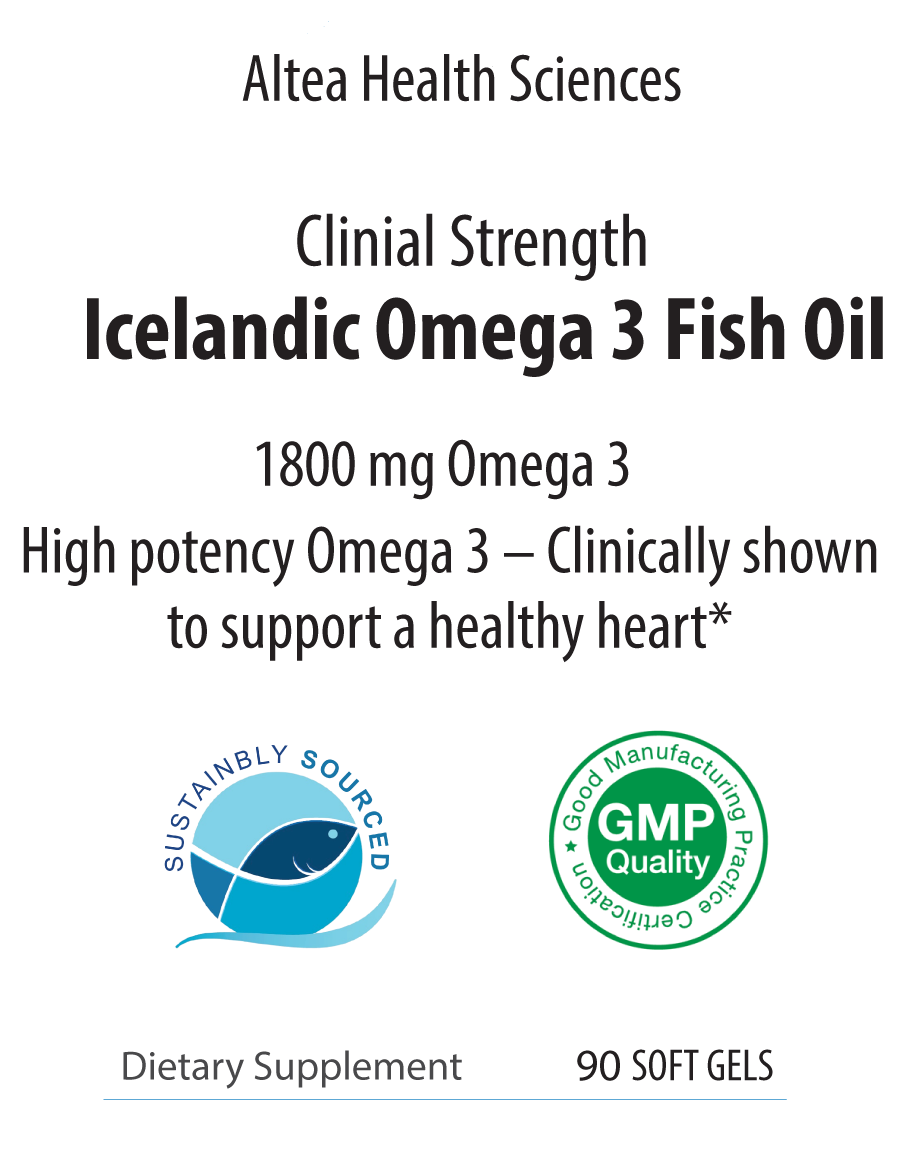
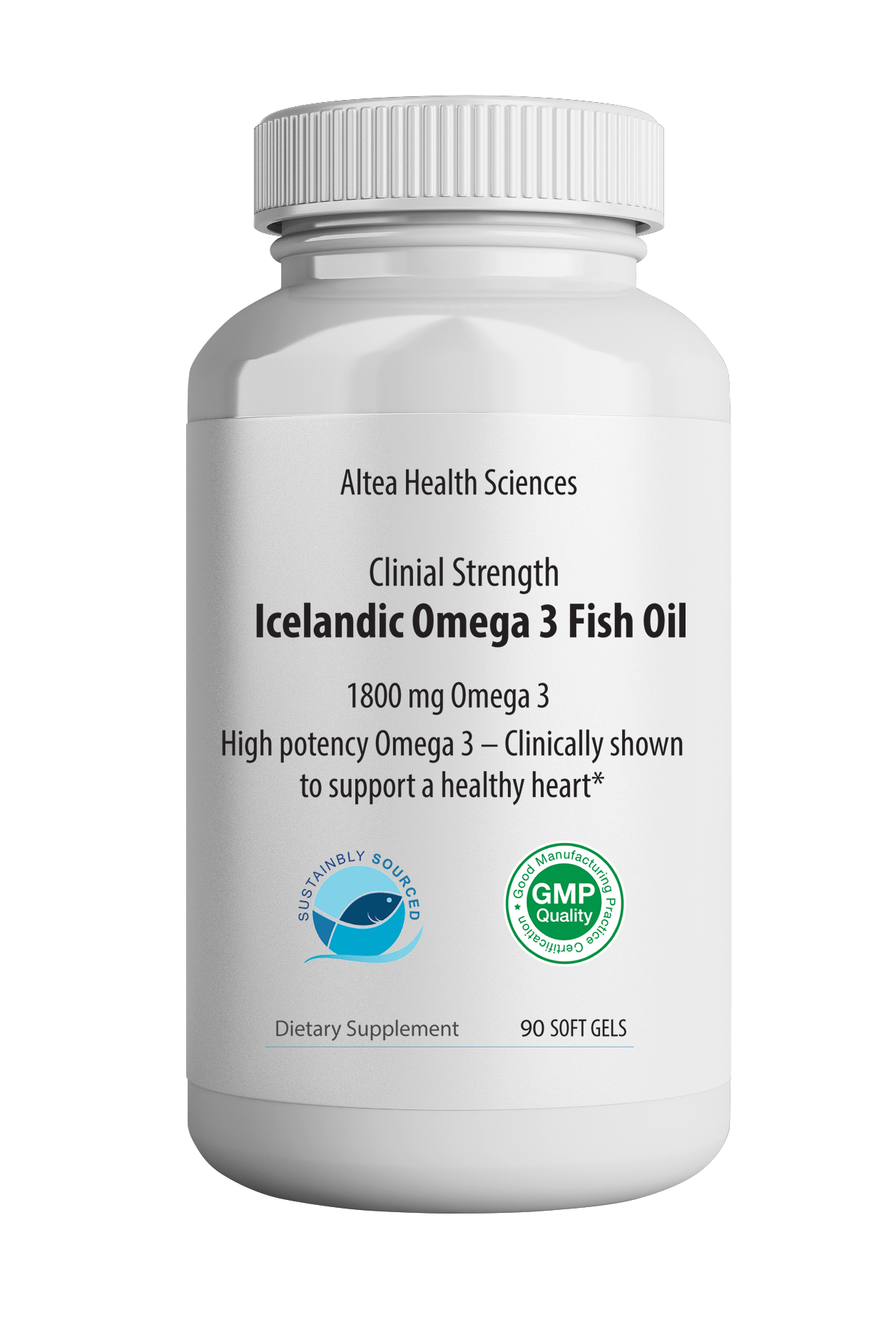
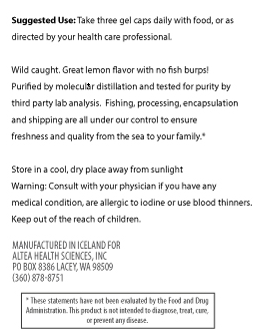
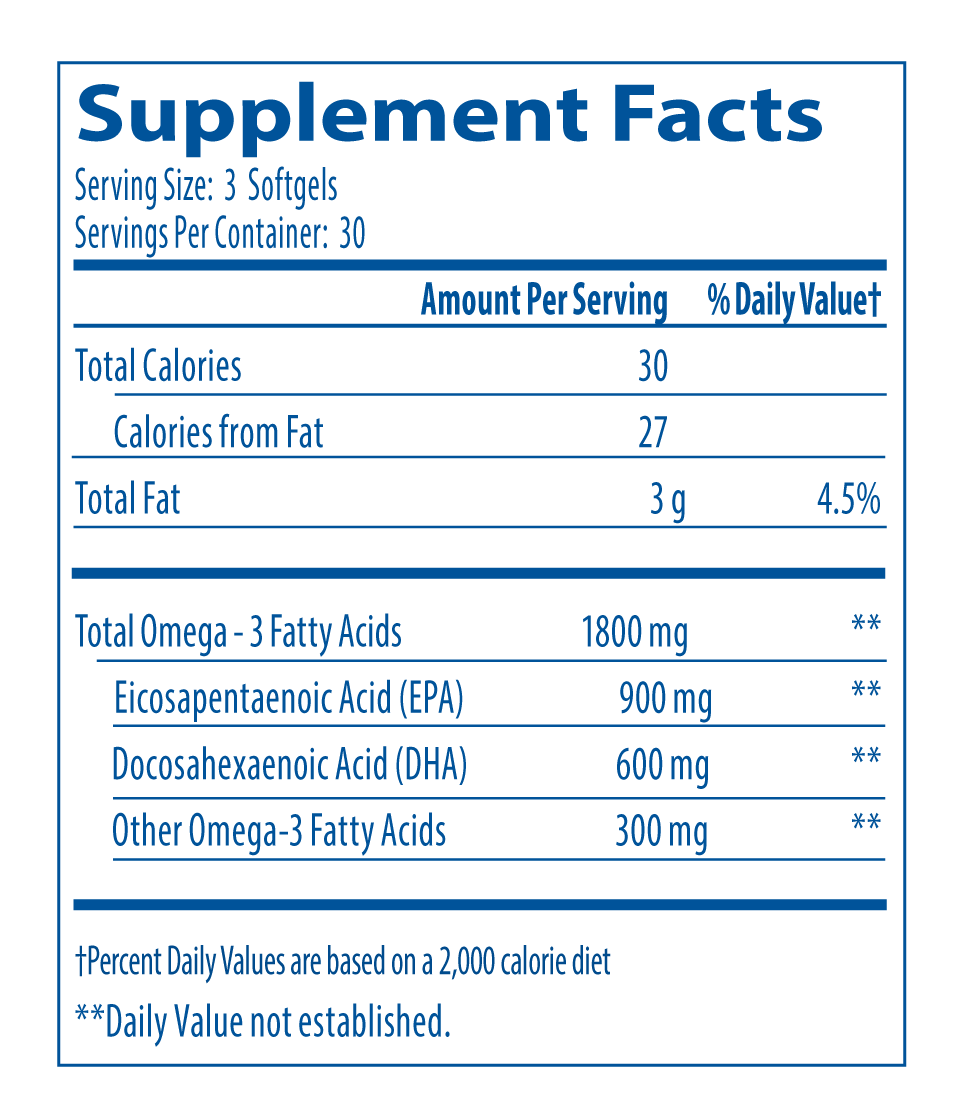

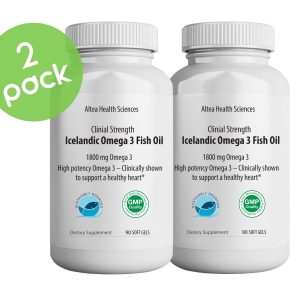

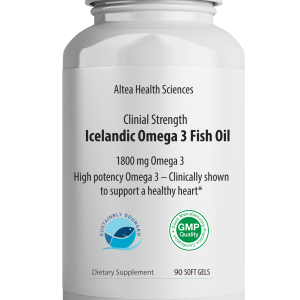





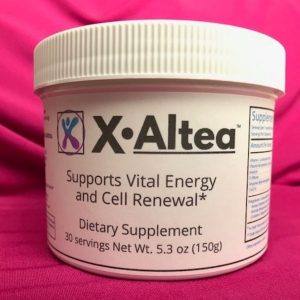

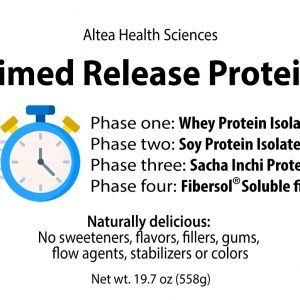
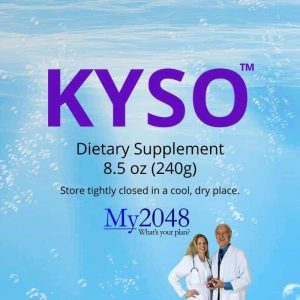
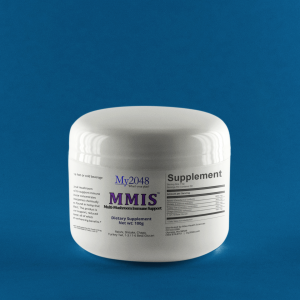
What others are saying
There are no contributions yet.